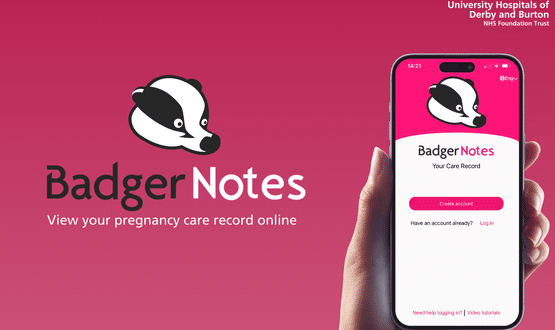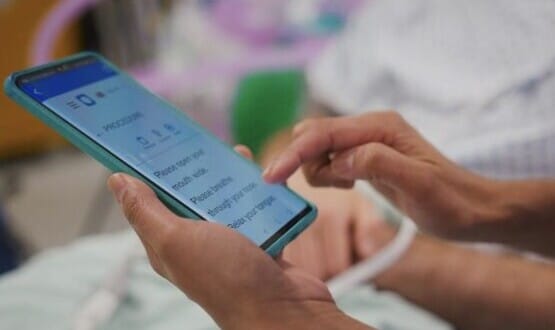Worthing says PAS teething problems over
- 7 November 2007
Worthing and Southlands Hospital NHS Trust says it has resolved initial teething problems of its new Cerner Millennium patient administration system, provided by local service provider Fujitsu.
The go-live has described by sources close to the trust as the best implementation of Cerner Millennium under the NHS IT project to date, but one which still requires extensive work-arounds.
“The trust is very happy with the way the transition to the new Cerner Millennium system went. As would be expected with any project of this size and complexity, we have experienced some initial difficulties. However, we also have in place robust support processes that are enabling us to address these as quickly as possible,” a spokesperson told E-Health Insider.
Stephen Cass, chief executive of Worthing and Southlands Hospitals said: “Implementing a programme of this size and scale is complex. The extensive planning that has gone into ‘Go Live’ has proved to be very effective, but it is the dedication, hard work and support of all the staff that has helped to achieve the transition.”
The upbeat view comes in response to enquiries by E-Health Insider over the past two weeks about how staff are getting to grips with the new system; questions prompted by frustrated users who say they are struggling to make an unwieldly system work for them and their patients.
One anonymous professional told EHI: “People are fighting hard to make it work because they care about patients and because we know that we cannot go back – but nearly everything is long winded, hard to remember and inferior to what we had before.”
A frequent criticism of the Millennium implementations in the South has been that they require a significant number of “work-arounds” to meet NHS requirements.
The source spoke of being exasperated the relentlessly positive internal gloss being put on a functional but frustrating to use system. “I worry for all the other Trusts that may still go live, believing that it is plain sailing…. it is not.”
Another source close to the project said: "The deployment activity is now much better but there remain underlying problems that have not been fixed. The solution still requires an extensive work around list."
Most tellingly the PAS system installed is so far said to not match the functionality of the Sema-Helix PAS it replaces.
Other feedback has been more positive though, particularly for the coding used by Millennium, “The coding bit is, however, brilliant and quick”.
Two weeks after EHI submitted questions the trust, after conferring with Fujitsu, said that staff are pleased with the system and says it will undertake an audit review to analyse staff opinions on the system once the initial bedding-in period of 45 days has passed.
“Trust staff have worked extremely hard to adapt to the new system and they recognise that there will inevitably be a period of adjustment while it beds in. We have commissioned an internal audit to gain feedback from users, which will enable us to make future improvements to our processes,” a spokesperson told EHI.
The Millennium system went live on 29 September and the first patient was booked on the system on Wednesday 3 October following initial problems on the external network over a 48 hour period, which hit performance of the system.
However, since then, the trust has been fully operational on the system, including modules in A&E, maternity and theatre.
The trust has not yet begun using the order communications functionality, contained but not yet enabled in the Millennium software, and say they have experienced only one problem since go-live, unrelated to the system itself.
A trust spokesperson told E-Health Insider: “In the month following go-live we have had only one planned reversion – during the clock change from BST to GMT – and three unplanned reversions, due respectively to a BT network problem, a power outage and a DNS issue, none of which was Cerner-related.”
In order to minimise problems with appointment bookings, the trust worked on a phased deployment basis: “Outpatient booking functionality was rolled out in phases to ensure the transfer of new and future appointments was achieved as smoothly as possible. Some issues did arise during the roll-out but we have in place a dedicated team for identifying and resolving these to keep any disruption to a minimum,” a trust spokesperson said.




